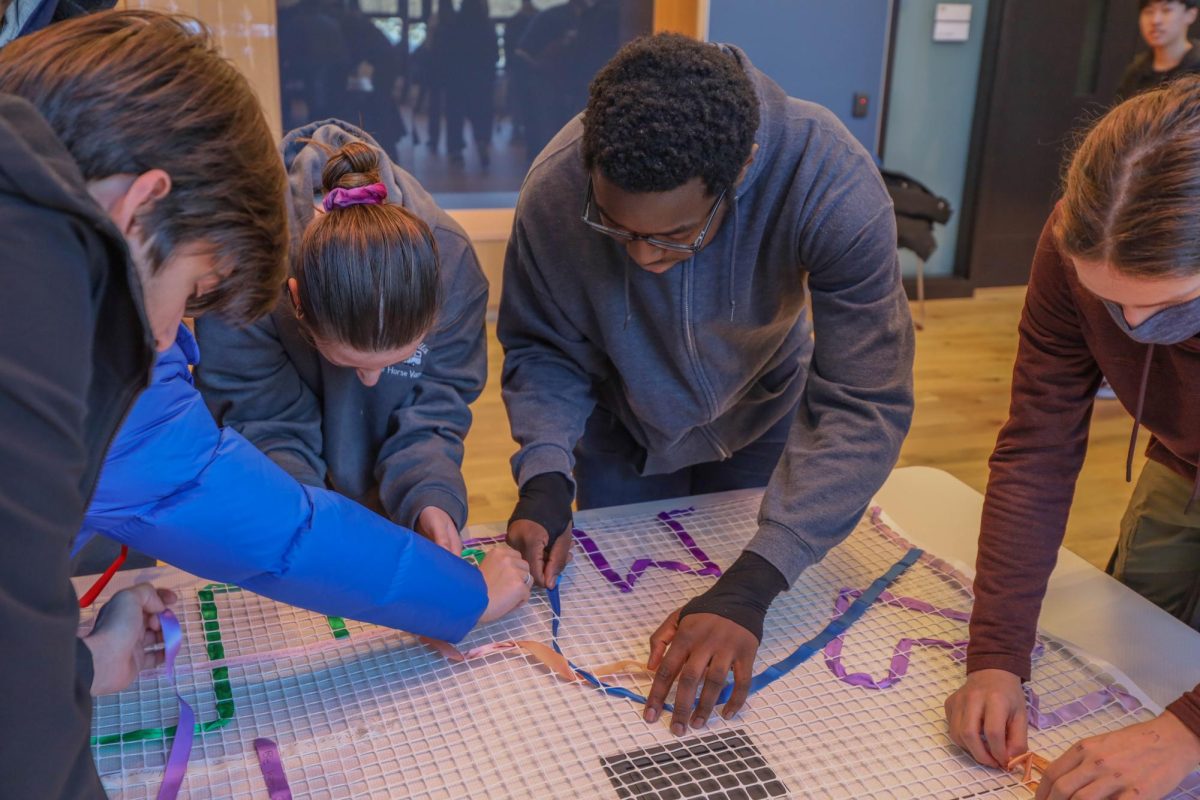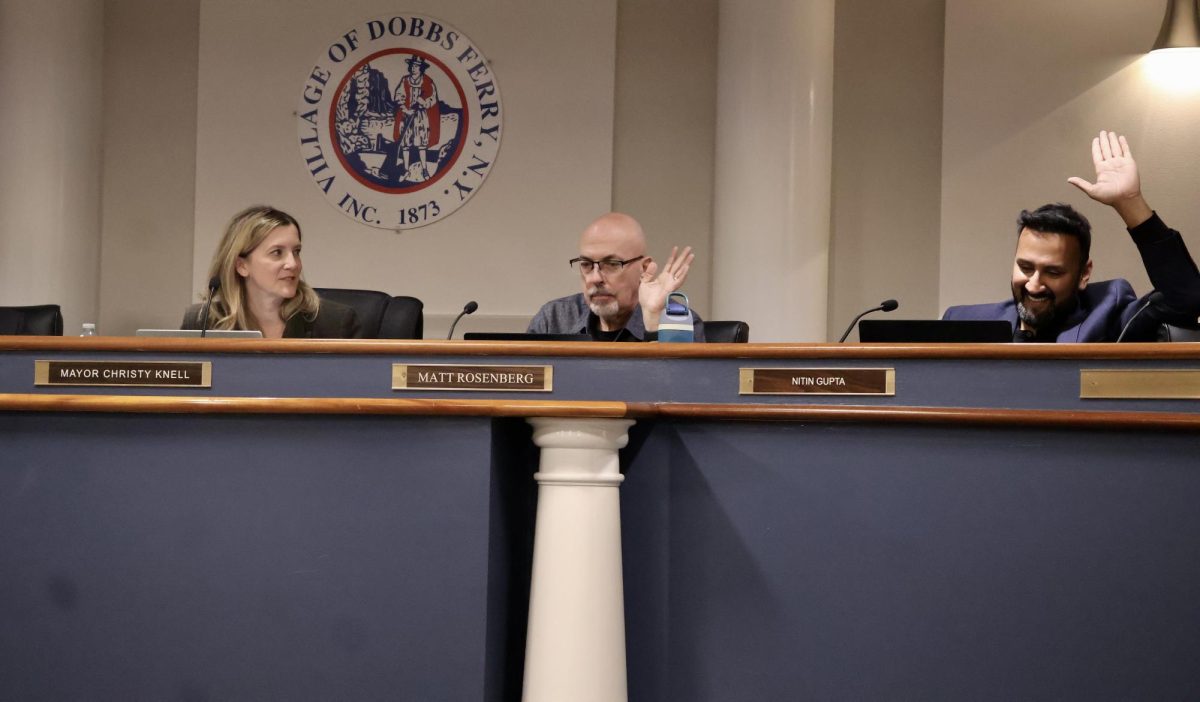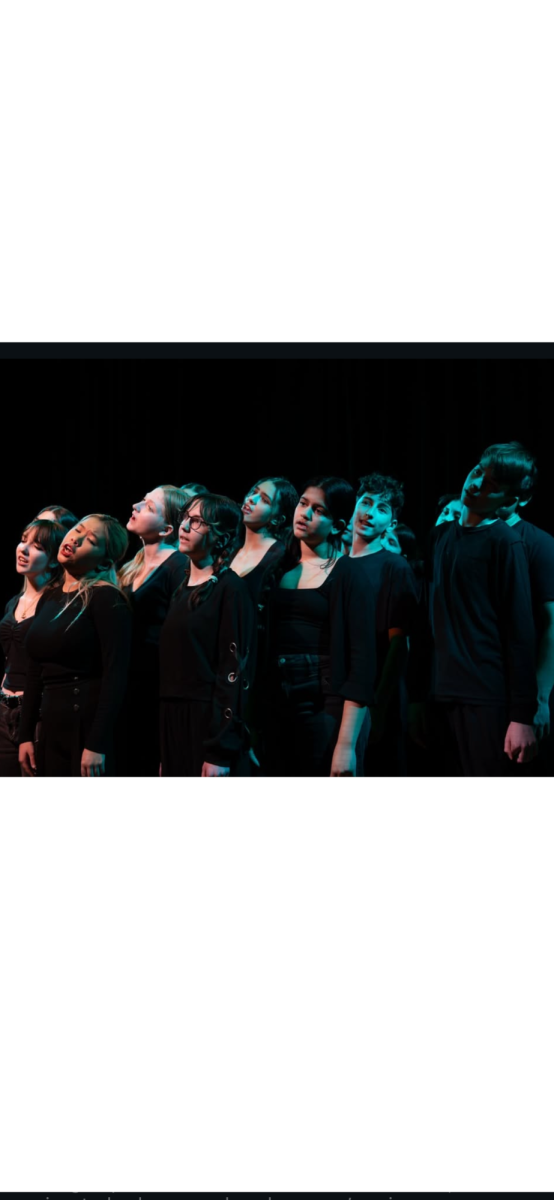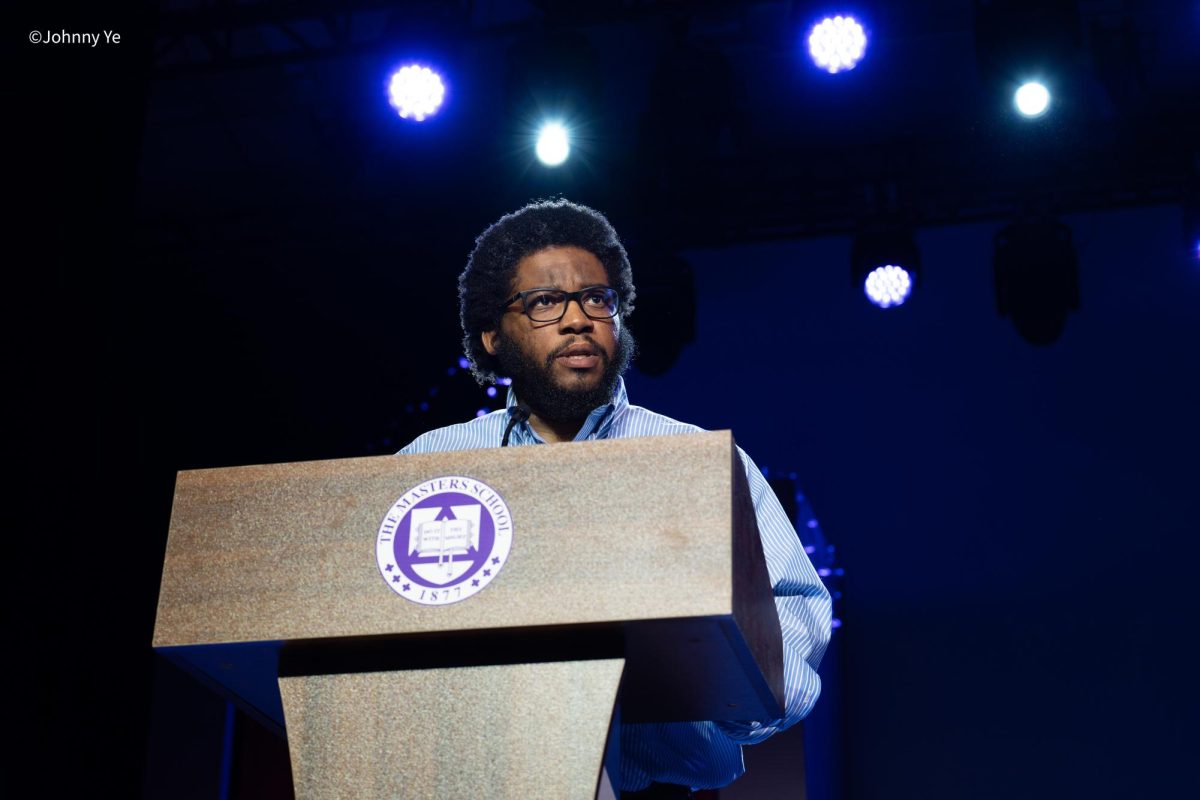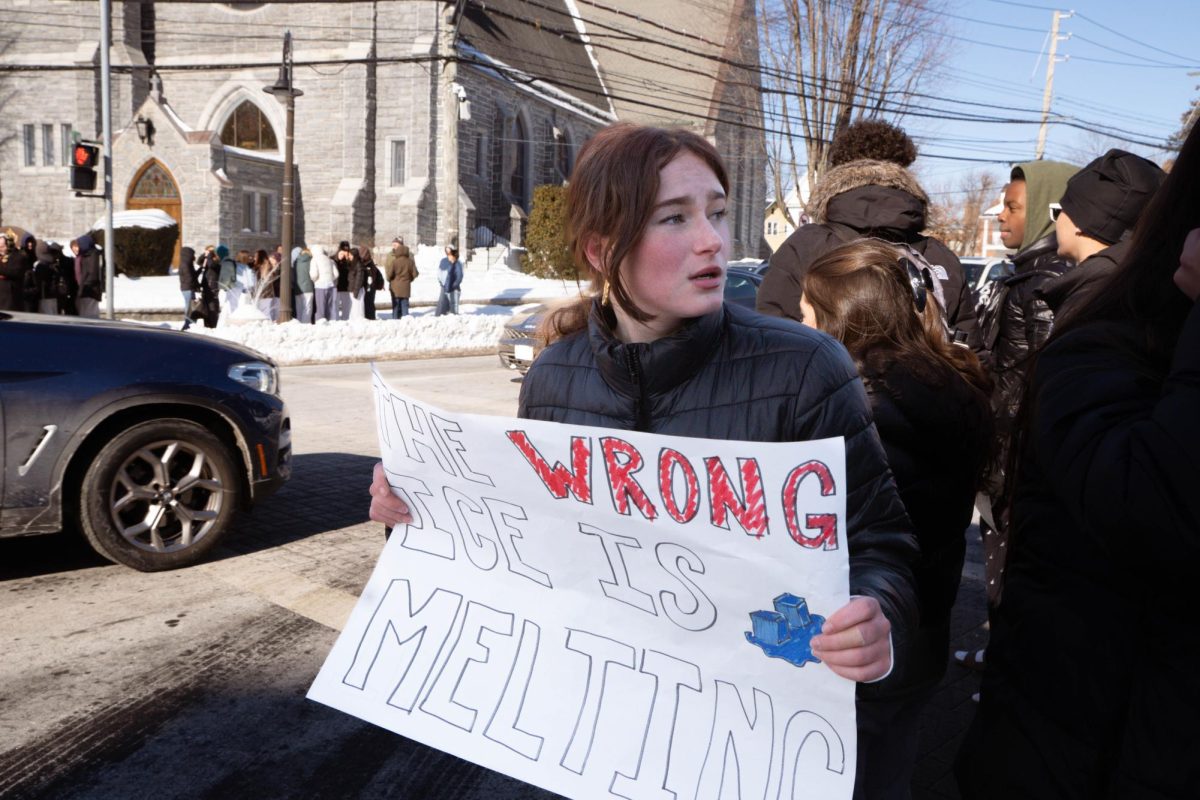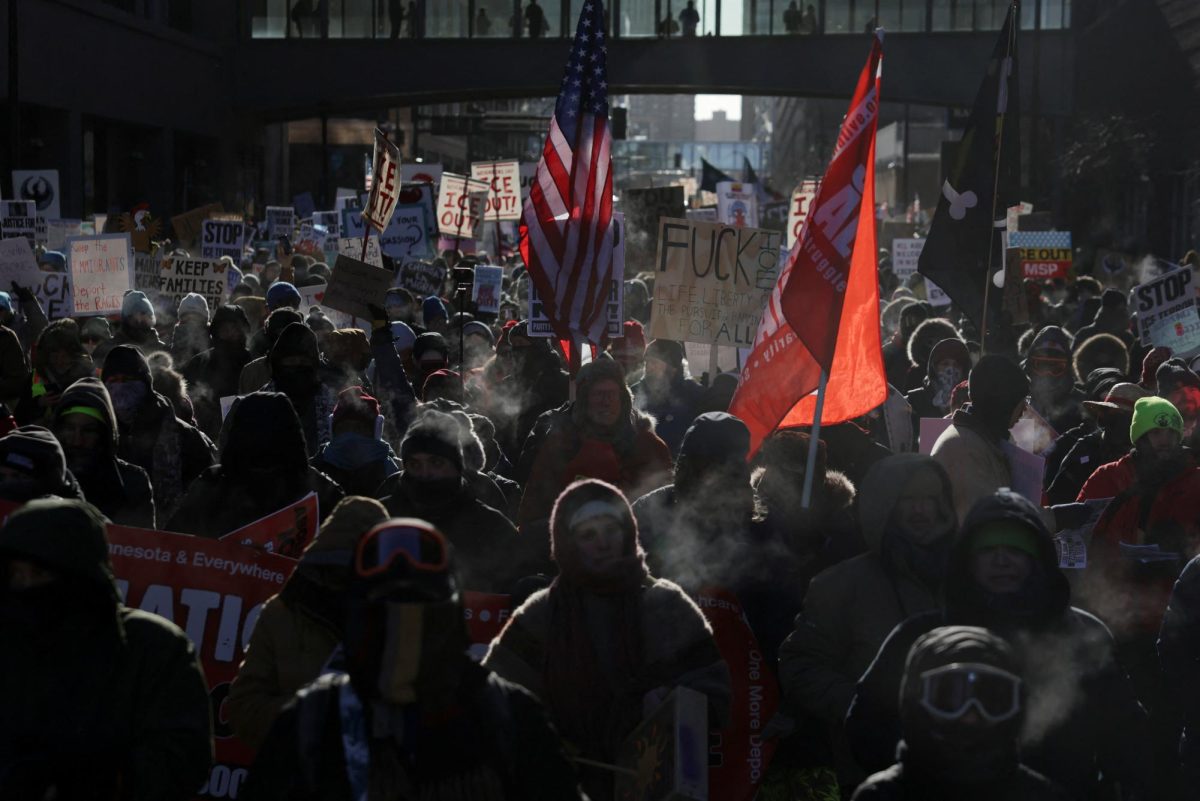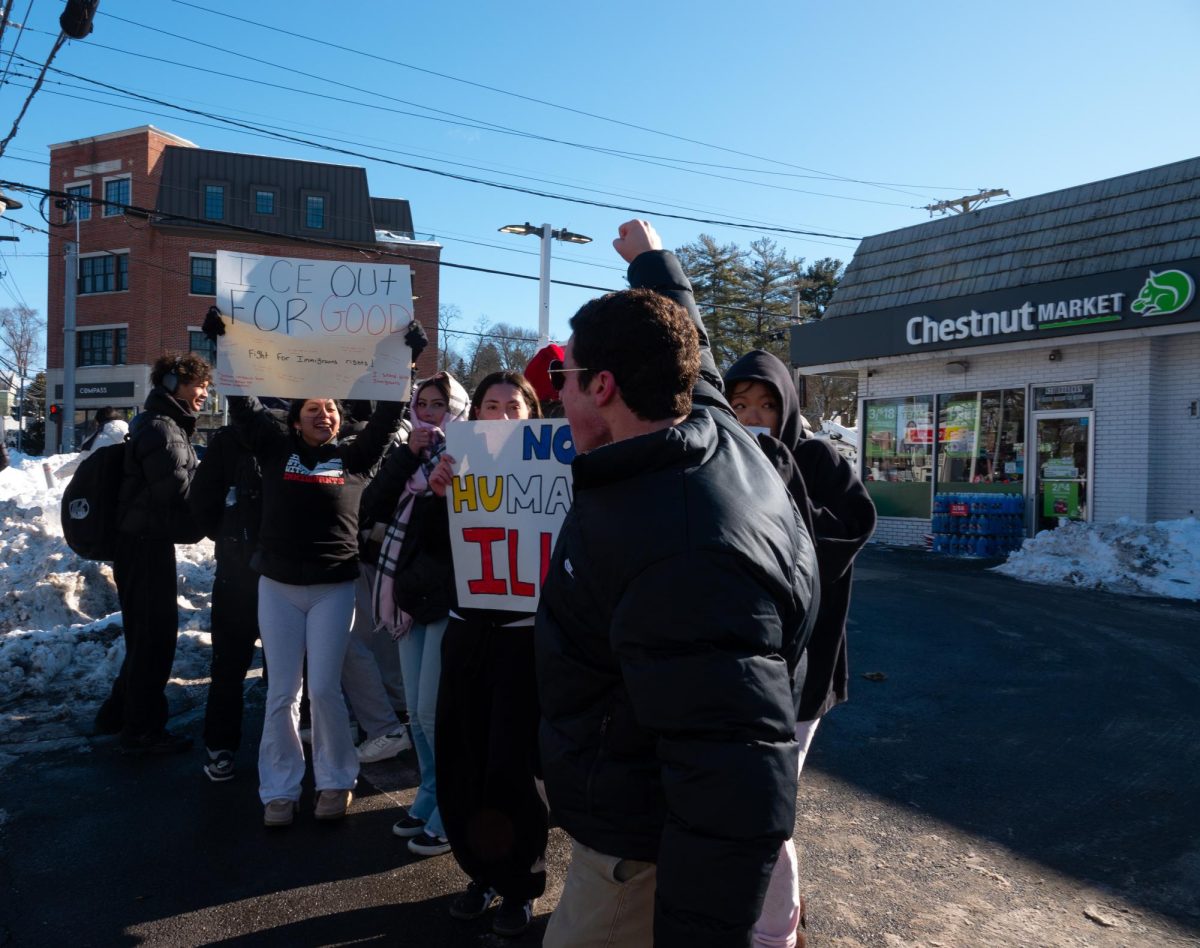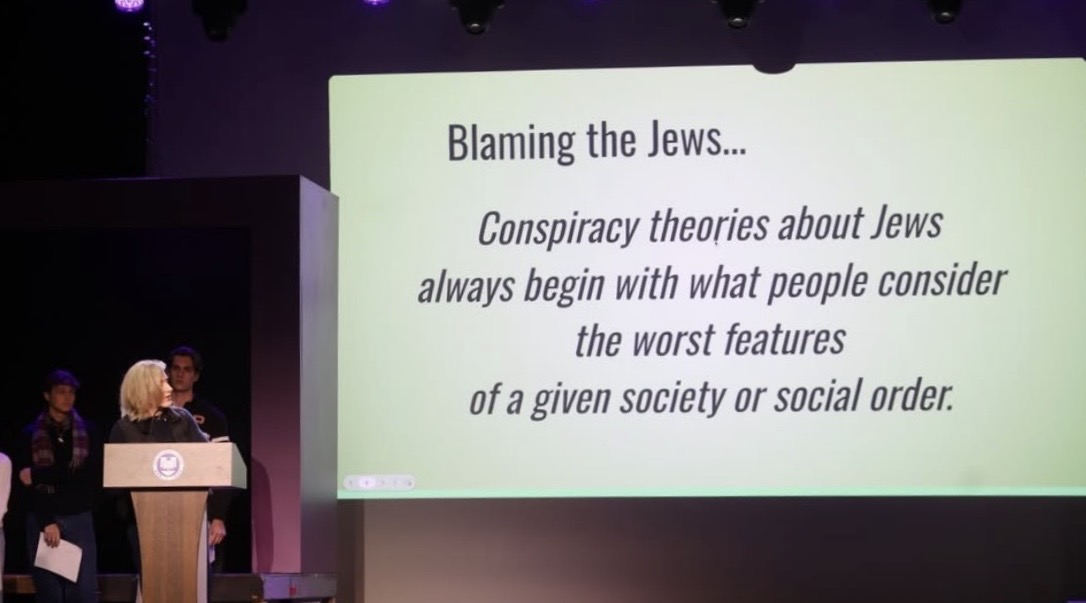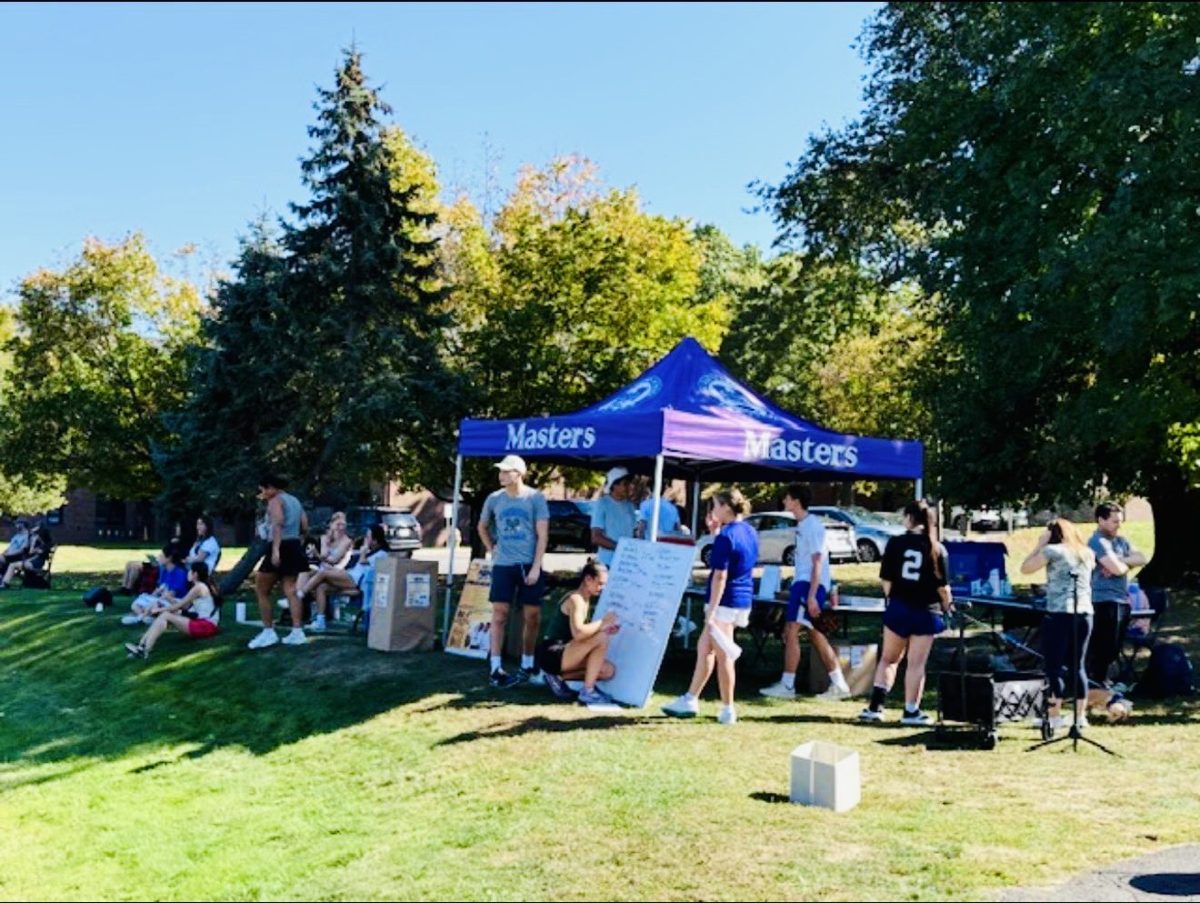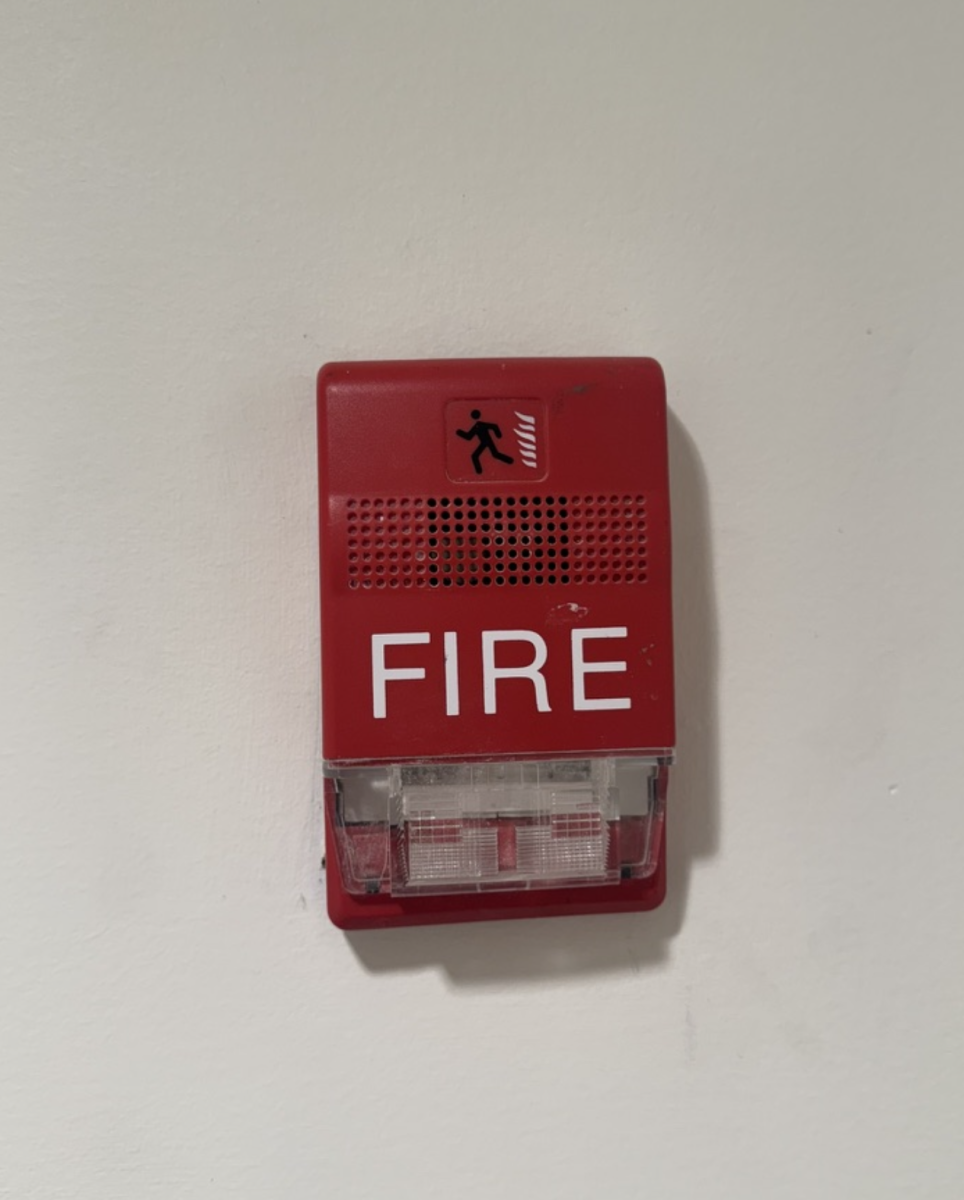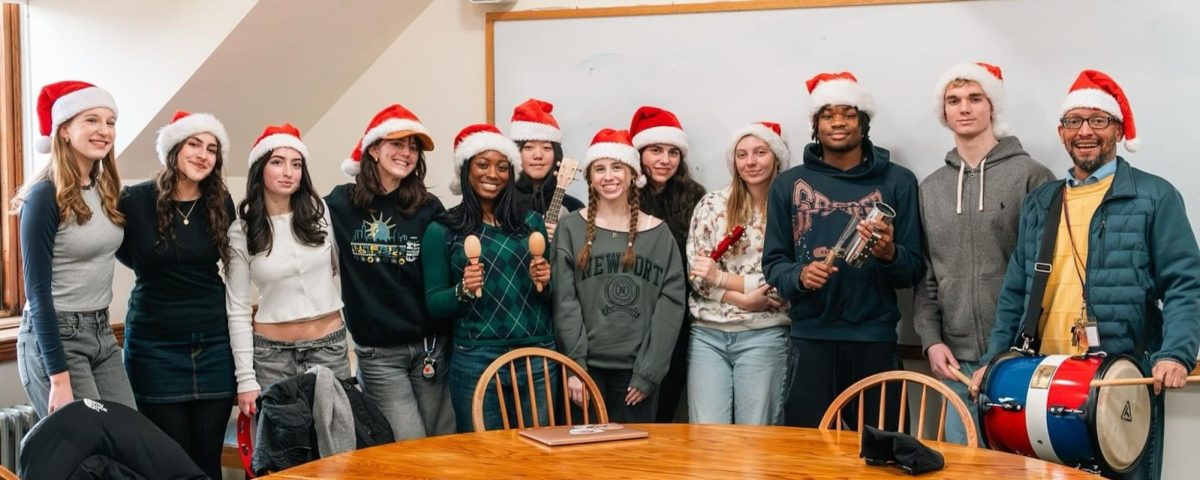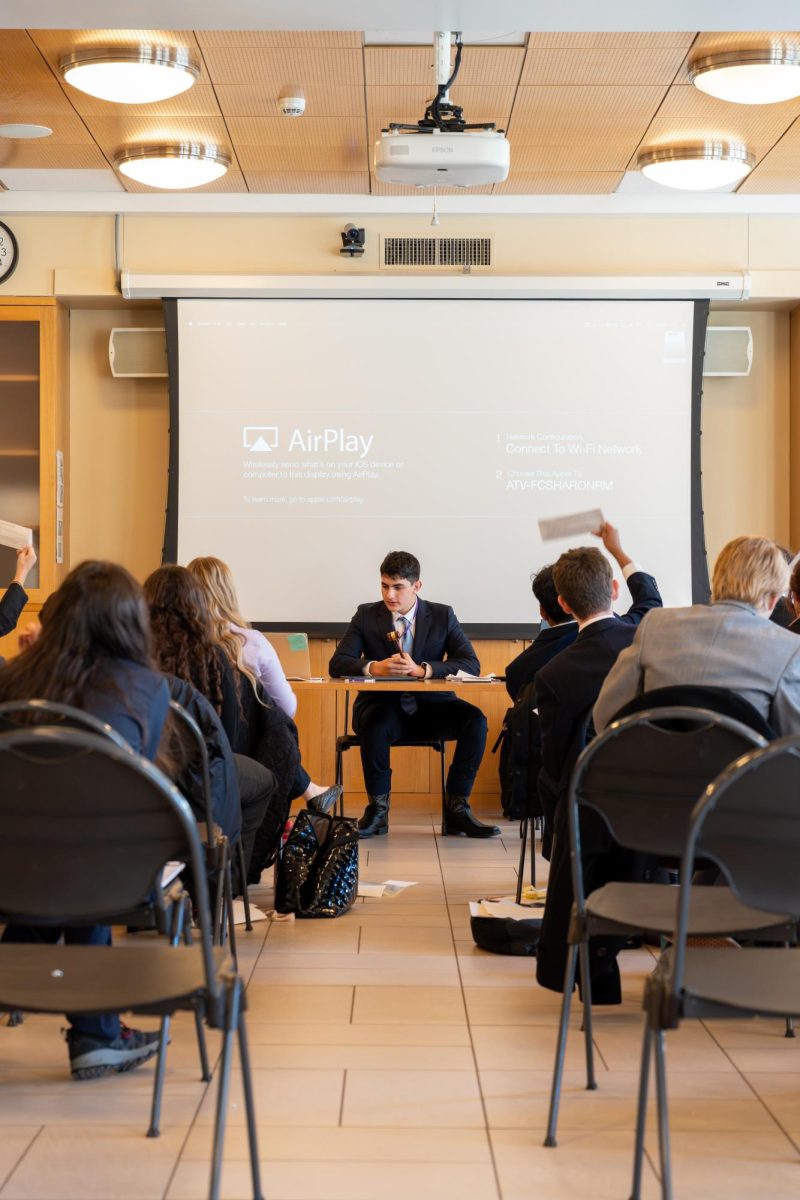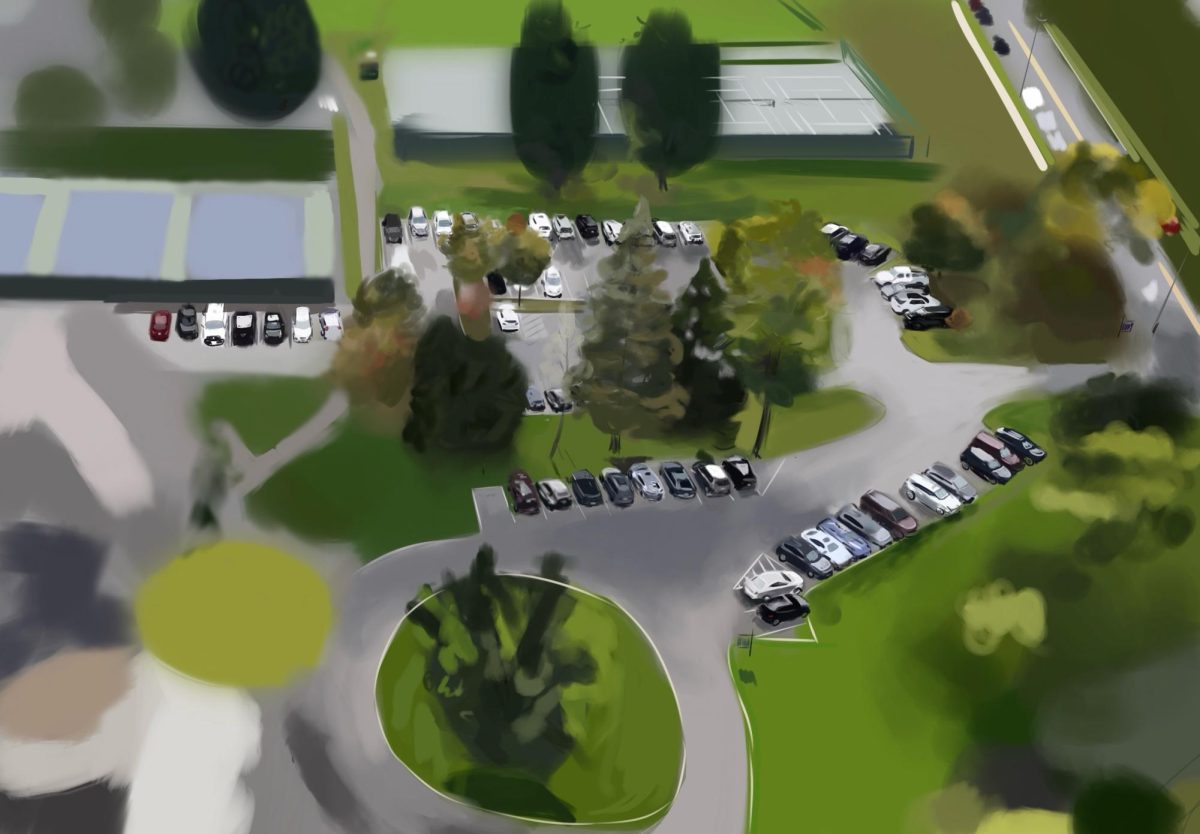Student-run workshops led on Martin Luther King Jr. Day each year have been an essential educational experience for students, with each workshop carefully curated to explore different core concepts and ideas surrounding the theme, ”Beloved Community.” Students had the opportunity to run their unique class, offering different perspectives and learning in new ways.
One distinct workshop this year was, “Through Song and Struggle: Black Music’s Soundtrack to Community,” which explored the erasure of Black artists as their music was popularized and taken by other artists.
Workshop leader and junior, Jordan Lee, said, “We played a song that was by the original artist and we would compare how similar they were and how the original artist wasn’t credited and funds were stolen from them.” The session highlighted an important topic and brought more attention to an idea well-deserving of discussion.
Additionally, she explained the advantages and importance of student-led groups.
Lee said, “It’s easier to get in touch with what people are going to be interested in.” Due to these advantages, she hopes that more students to step up and lead workshops in the future. This year, there were seven student led workshops, but they’re hoping for even more next year.
Leader of “Exploring Identities Through Shared Experience” Juan Torres, explained how his workshop was made to help build community and explore non-visual identities students had.
He said, “In trying to build a beloved community it requires us to see the full person and who they are authentically and in a complete image.” The students discovered and learned about aspects of each other that could not be identified by first glance.
Similarly, he also believed that student-led groups are very important for days when students explore identity and other social topics.
Torres said, “Student-led workshops are crucial and pivotal on days like MLK day. I think student involvement should be required for days like this.”
Student-led groups aren’t just helpful for students in the course, but also with the students leading the groups.
He said, “It allows you to engage and participate in a different way because you are not showing up as a student anymore, you are showing up as a leader.”
His only complaint was the lack of time for each workshop; There were only two, forty-five minute sessions for each workshop.
He said, “I would like more time because we had to condense so many things, there were identities we had to leave out.”
The student-led groups have helped enhance Martin Luther King Jr. Day with different perspectives, ideas, and conversations with peers.



